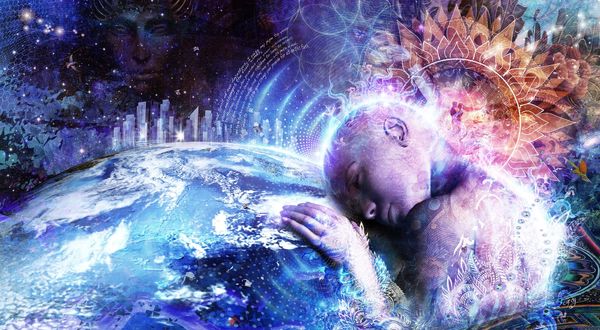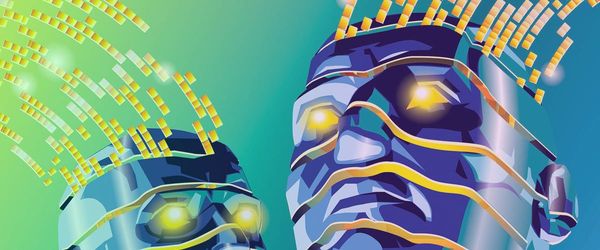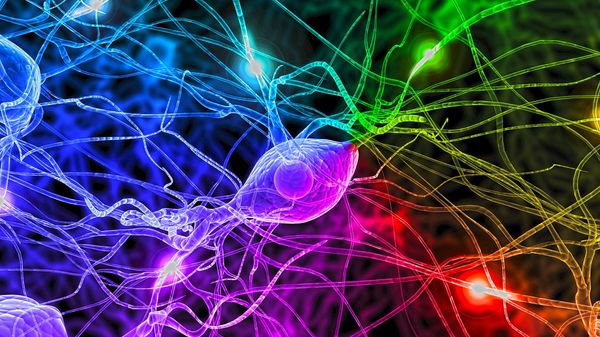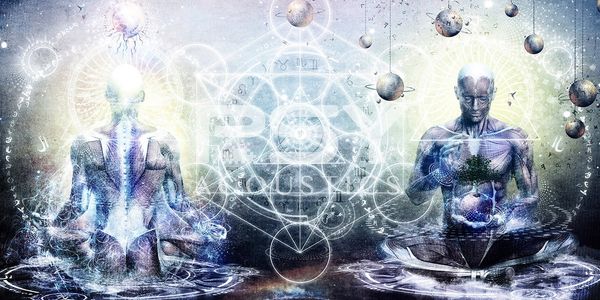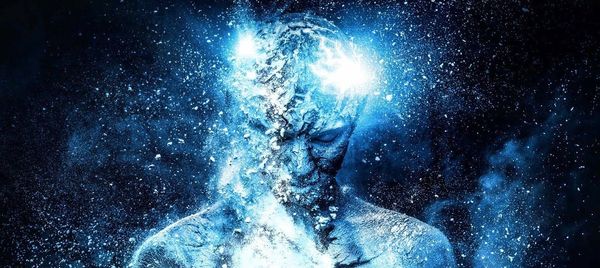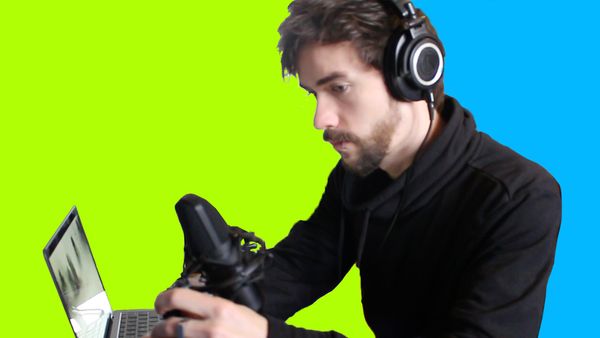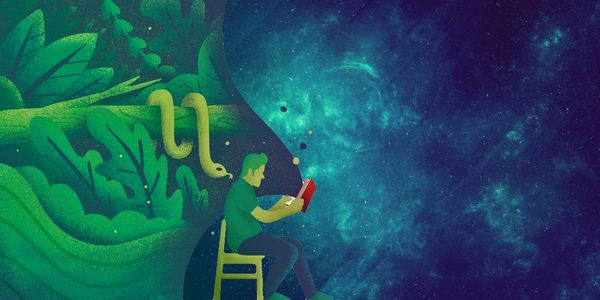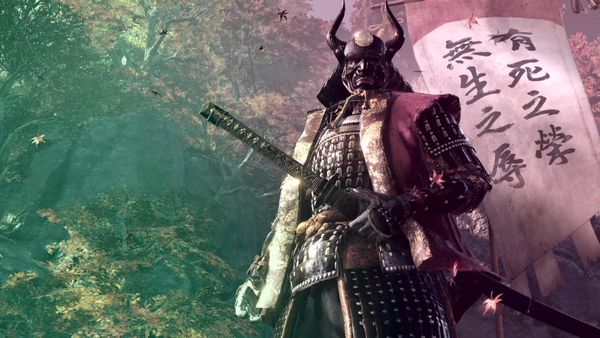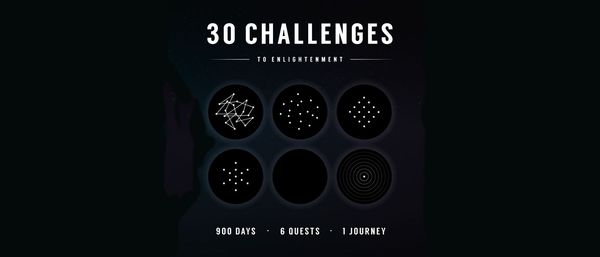Jon Brooks • • 13 min read
Jordan Peterson Reading List: The 15 Most Terrifying Books He Read
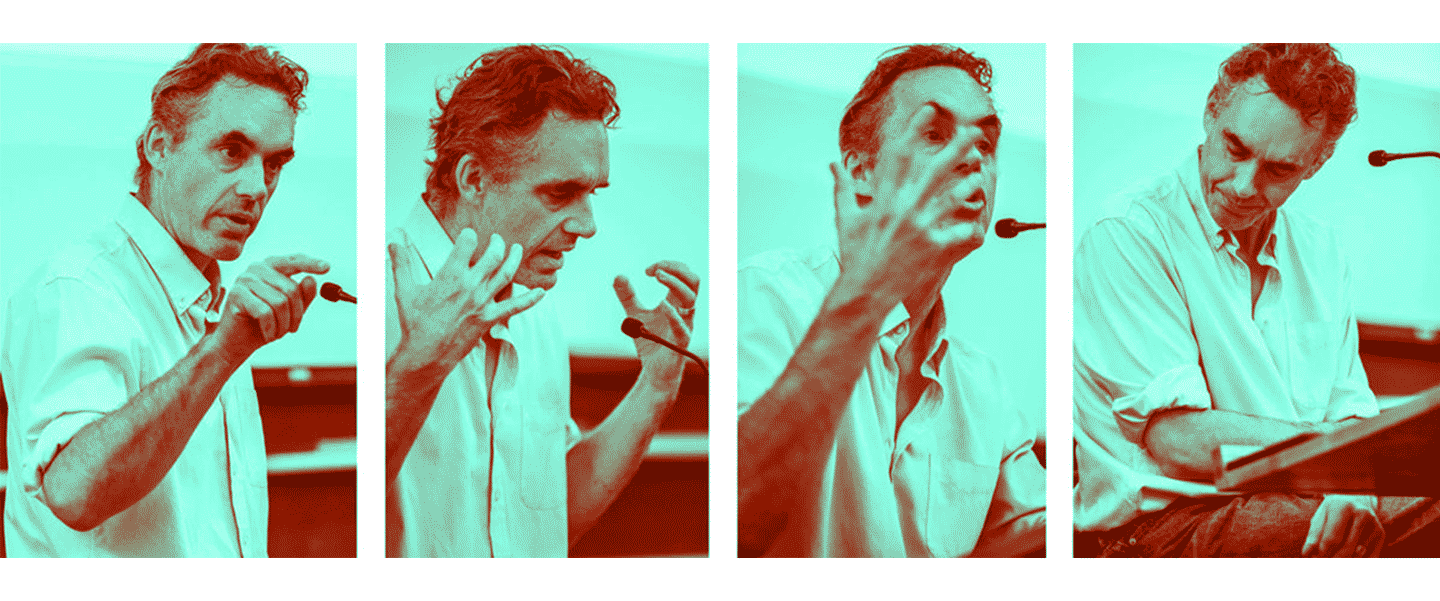
Many people have written to me asking what they should read to properly educate themselves. Here is a list of books that I found particularly influential in my intellectual development. I wrote number thirteen, Maps of Meaning: The Architecture of Belief. It was published in 1999. It was heavily influenced by the authors of all the books listed below.
Trigger warning: These are the most terrifying books I have encountered.
— Dr. Jordan B. Peterson
1. Brave New World by Aldous Huxley
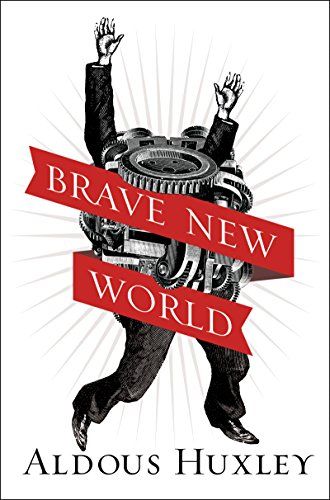
Aldous Huxley was a genius of incomparable talents: an artist, spiritual enthusiast, and laser-eyed observer of the human condition. Brave New World is Huxley’s masterpiece. The story is set in a technologically-advanced future where human beings are genetically bred, socially indoctrinated, and pharmaceutically anesthetized to passively uphold an authoritarian ruling order—all at the cost of our freedom, full humanity, and perhaps also our souls.
Martijn Schirp, the co-founder of HighExistence, had this to say about the book:
Huxley’s Brave New World is the utopia nobody in their right mind would want to live in. With his literary genius’ imagination, Huxley successfully paints an interpersonal, futuristic technotopia, with all the ingredients our impulse-driven minds desires. The problem with this vision, however, is that it would come at a cost that is too high to pay: the reduction of that inexpressible thing that makes us human.
2. 1984 by George Orwell
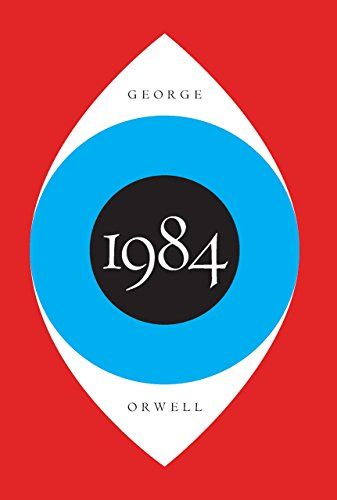
We have written about George Orwell’s opposition to totalitarianism, Stalinism, fascism, and social injustice many times on HighExistence. In 1984, Orwell’s most well known book, he paints a truly chilling prophecy about the future. In the story, the dystopian government will do anything to control the narrative of the society. The plot has served as the basis for many sci-fi films since its release in 1948, but there is nothing quite like reading Orwell himself.
What’s particularly intriguing about 1984 is that it hasn’t just stood the test of time, it’s improved over time. In January 2017, the book shot unexpectedly to the top of Amazon bestseller list. If you want to gain a striking and precise vision of the dangers governments pose, read 1984 today.
3. The Road To Wigan Pier by
George Orwell
A truly great book.
— Jordan Peterson
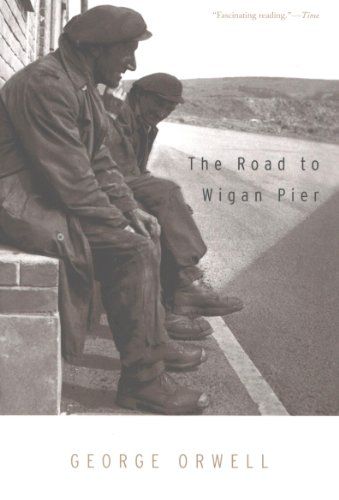
The Road to Wigan Pier is split into two halves. In the first half, Orwell documents his investigations into the despicable living conditions of the working class in Lancashire and Yorkshire. We read about miners who had to crawl three miles, unpaid through tunnels before even beginning their shift.
The second half of the book consists of a long essay on Orwell’s own middle-class upbringing and how his political thoughts developed. He also questions British attitudes towards socialism. The second half of the book was not appreciated by many anti-socialists and moves were even taken by publisher Victor Gollancz to persuade Orwell to only publish the first half. Luckily, the second half was still published.
Read this book if you want to see Orwell at his best acting as an investigative journalist and political commentator on British politics in 1937. As always, Orwell’s work is timeless.
4. Crime And Punishment by Fyodor Dostoevsky
“’What I mean is that if you were successful in persuading a man that there was nothing for him to cry about, he’d stop crying, wouldn’t he? That’s obvious. You think he wouldn’t?’
‘Life would be much too easy then,’ replied Raskolnikov.”
— Fyodor Dostoevsky, Crime and Punishment
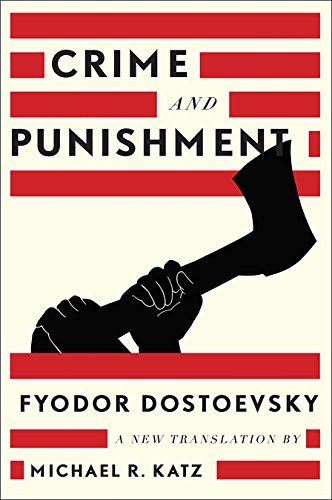
It’s difficult to explain the way in which I was so completely swept up in the torrent of psychological desolation that characterizes Crime and Punishment. Utterly torturous in its suffocating examination of the deterioration of the protagonist, demoralizingly tragic in its fearless portrayal of the suffering of righteous individuals, and unapologetically depressing in its vision of despair and hopelessness, the book is hardly for the faint of heart. Truthfully it haunted me. I couldn’t put it down, and I became so attached to the protagonist, Raskolnikov—a murderer suffering the terrible wrath of his own conscience—that I literally began to experience his confusion, anxiety, and guilt as if they were my own. This novel is the work of a master and possibly my favorite book of all time. I literally named my rap alter-ego after Dostoevsky after reading this book. If you’re feeling courageous, read it.
This review was taken from Jordan Bates’ article 12 Life Changing Books that Destroyed and Rebuilt My Mind.
5. Demons by Fyodor Dostoevsky
Dostoyevsky… his novels just absolutely flatten me. He’s so brilliant, and I’ve never read anyone who takes moral questions so seriously.
— Jordan Peterson
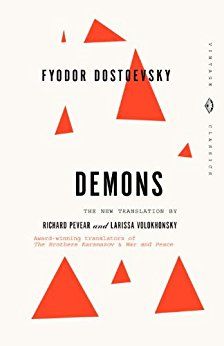
Demons is a story about the potentially catastrophic consequences of embodying the philosophy of nihilism, which was becoming popular in Russia in the 1860s. In the plot, a fictional town descends into chaos as it becomes the focal point of an attempted revolution.
According to Ronald Hingley, Demons is Dostoyevsky’s “greatest onslaught on Nihilism”, and “one of humanity’s most impressive achievements—perhaps even its supreme achievement—in the art of prose fiction.”
6. Beyond Good And Evil by Friedrich Nietzsche
Jordan Peterson on Beyond Good and Evil:
“Beyond Good and Evil—to think of it as a book is a really foolish framework. Because this is what a book is when people think about a book:”
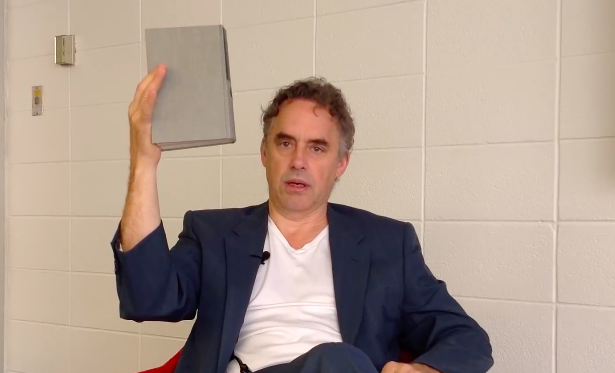
“It’s like a material entity. It’s eight inches high and six inches wide and two inches thick and weighs a pound, and it’s made out of paper and its between two covers. And that’s the materialist’s a priori sort of axiomatic view of a book. But Nietzsche’s Beyond Good and Evil isn’t a book at all. It’s a series of bombs, and each sentence is a bomb. And each sentence blows things up that people didn’t even know exist.”
Watch Jordan Peterson talk for 45 minutes on a single paragraph of Nietzsche’s Beyond Good and Evil here.
7. Ordinary Men by Christopher Browning
“Ordinary Men is the best book of its type—maybe it’s the only book of its type.”
— Jordan Peterson
Ordinary Men in a nutshell is a a historical document showing how ordinary men ended up becoming murderers under the nazi regime.
Jordan Peterson on why you should read Ordinary Men:
https://www.youtube.com/watch?v=JM2o9e-pwoE
8. The Painted Bird by Jerzy Kosinski
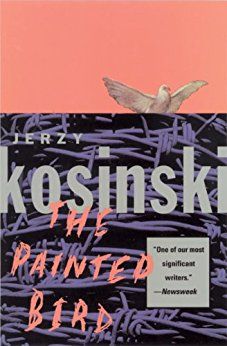
On Quora, Jordan Peterson was asked the following question:
What is the most shocking book you have ever read?
His answer:
The Painted Bird by Jerzy Kosinski. Hands down. I’m no fan of trigger warnings. Ever. But this book is shocking enough to produce seizures. I’m not joking. You’ve been warned.
It’s a semi-autobiographical account of Kosinski’s post-war experiences in Eastern Europe as he wandered through the wreckage as a child.
Read The Painted Bird here.
9. The Rape of Nanking by Iris Chang
Iris Chang begins The Rape of Nanking with the following passage:
This book provides only the barest summary of the cruel and barbaric acts committed by the Japanese in the city, for its aim is not to establish a quantitative record to qualify the event as one of the great evil deeds of history, but to understand the event so that lessons can be learned and warnings sounded. Differences in degree, however, often reflect differences in kind, and so a few statistics must be used to give the reader an idea of the scale of the massacre that took place sixty years ago in a city named Nanking. One historian has estimated that if the dead from Nanking were to link hands, they would stretch from Nanking to the city of Hangchow, spanning a distance of some two hundred miles. Their blood would weigh twelve hundred tons, and their bodies would fill twenty-five hundred railroad cars. Stacked on top of each other, these bodies would reach the height of a seventy-four-story building.
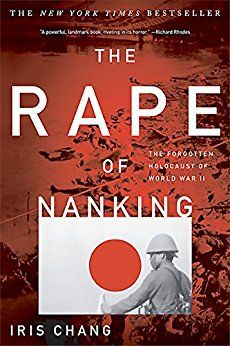
When I first came across the Jordan Peterson reading list, I downloaded a bunch for Kindle. The Rape of Nanking was at the top of the list, and so that’s where I began. I would describe The Rape of Nanking, as one third revolting horror story, one third scandalous historical document, and one third a saga of hope and goodness.
Naturally, the thing that remains the most memorable about the book was the horror. The Rape of Nanking is not for the weak stomached. You will read in all-too-graphic detail about how tens of thousands of women were raped, often while tied to chairs or in-front of their family, then murdered afterwards; how Japanese soldiers enjoyed removing fetuses from the bellies of fully conscious pregnant women with bayonets and flinging them into heaps; and how young men were lined up in the hundreds and decaptitated for fun in killing contests. Peterson encourages people to read this book so that you can see the shadow present in human beings, and then to realize how each of us has within us the capacity of great evil.
As I read this book, I sincerely tried to imagine myself as a Japanese soldier carrying out the atrocities to Chinese innocents. What were they thinking? What were their rationalizations? This thought exercise deepened my understanding of evil and expanded my wisdom about the human condition. I could not recommend The Rape of Nanking enough.
10. Gulag Archipelago (Vol. 1, Vol. 2, & Vol. 3) – Aleksandr Solzhenitsyn
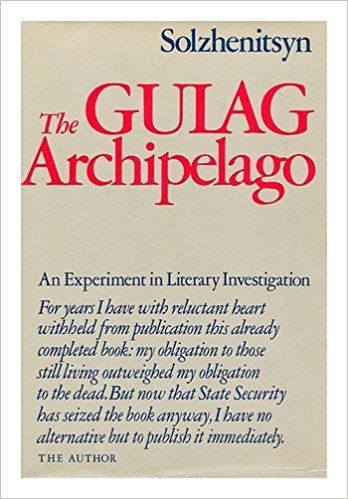
Jordan Peterson on why you should read Gulag Archipelago:
Aleksandr Solzhenitsyn had every reason to question the structure of existence when he was imprisoned in a Soviet labour camp, in the middle of the terrible twentieth century. He had served as a soldier on the ill-prepared Russian front lines in the face of a Nazi invasion. He had been arrested, beaten and thrown into prison by his own people. Then he was struck by cancer. He could have become resentful and bitter. His life had been rendered miserable by both Stalin and Hitler, two of the worst tyrants in history. He lived in brutal conditions. Vast stretches of his precious time were stolen from him and squandered. He witnessed the pointless and degrading suffering and death of his friends and acquaintances. Then he contracted an extremely serious disease. Solzhenitsyn had cause to curse God. Job himself barely had it as hard.
But the great writer, the profound, spirited defender of truth, did not allow his mind to turn wrote The Gulag Archipelago, a history of the Soviet prison camp system. 115 It’s a forceful, terrible book, written with the overwhelming moral force of unvarnished truth. Its sheer outrage screamed unbearably across hundreds of pages. Banned (and for good reason) in the USSR, it was smuggled to the West in the 1970s, and burst upon the world. Solzhenitsyn’s writing utterly and finally demolished the intellectual credibility of communism, as ideology or society. He took an axe to the trunk of the tree whose bitter fruits had nourished him so poorly— and whose planting he had witnessed and supported.
One man’s decision to change his life, instead of cursing fate, shook the whole pathological system of communist tyranny to its core. It crumbled entirely, not so many years later, and Solzhenitsyn’s courage was not the least of the reasons why.
11. Man’s Search for Meaning – Viktor Frankl
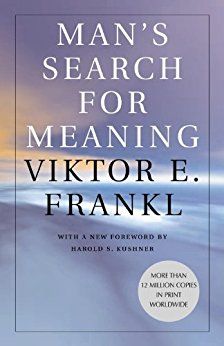
Martijn Schirp, listed Man’s Search for Meaning as one of the 25 books you must read before you die. This is what he said about the book:
For three years Viktor Frankl labored in four different Nazi concentration camps, including Auschwitz. He tells us about his experience and that of his fellow prisoners. Both chilling and uplifting, confronted with the idea that they would be trapped there for the rest of their lives, he gives us an account of those who found meaning and those who succumbed to nihilism. A blend between a memoir, a psychological investigation, and a self-help book, Frankl delivers a powerful message: finding meaning lies at the core of being human. From his own experience as a psychiatrist combined with anecdotes from his time in the concentration camps, he tells us how important it is to find meaning in our own lives and what we can become if we don’t. Suffering, he conveys to us, is inevitable. But as to how we cope with it is dependent on ourselves. If we can find meaning, even in the worst acts our species has ever inflicted upon his fellow man, we will be able to move forward with renewed purpose.
Just want the insights? Read Man’s Search for Meaning in 15 minutes on Blinklist.
12. Modern Man in Search of A Soul – Carl Jung
Jung was a tremendously insightful clinician and he was a strange person: introverted visionary. High introversion, very, very, very, very, very high in openness, like off the charts. And god only knows what his IQ was. Every time I read Jung, it’s like reading Nietzsche. It’s terrifying because he’s so damn smart that he can think up answers to questions that—it’s not like you don’t understand the answers, it’s that you’ve never conceptualized the damn questions. It’s really something to read someone like that, right, who says, “Well here’s a mystery.” And you’re like, “Wow, I never thought of that as a mystery.” Now, “Here’s the solution.” It’s like okay… that’s something.
— Jordan Peterson
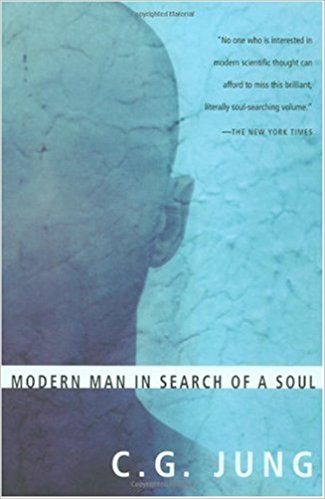
Modern Man in Search of a Soul covers a broad array of subjects such as gnosticism, theosophy, Eastern philosophy and spirituality in general. The book is divided into three main sections. In the first part of the book, Jung focuses on dream analysis, the problems of psychotherapy, and his theory of psychological types. The second part, Jung talks about the Archaic man and how his own views differ from Freud’s. In the final part, Jung talks about man’s spiritual problems following World War I.
Jordan Peterson is a huge Carl Jung fan, and this is the only Jung book of his on this list. That should point you toward the significance of this particular book on Peterson’s views.
13. Maps Of Meaning: The Architecture of Belief – Jordan B. Peterson
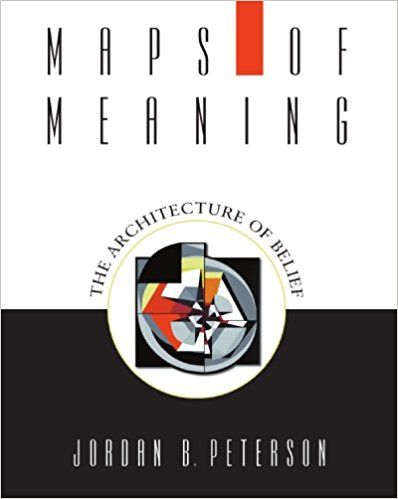
As you can tell from the title, this is a Jordan Peterson book. I have not read Maps of Meaning yet. I am a little bit intimidated by the book because I know that Peterson worked on it for over fifteen years and he himself describes the book as “difficult.” I have, however, listened to the entire 2017 Maps of Meaning lectures, which is the lecture version of the book. I got an incredible amount of value from these lectures. I remember listening to them in Prague, where I was living, walking through the park each day, feeling the sun bouncing off my skin, and hearing the distant dog barks and bird chirps as a background to Peterson’s passionate projections. Over the month or so I listened to the lectures, I entered into a new psychological paradigm. I was feeling quite nihilistic at the time and without any sacred aim. After listening to the entire series, I now have a much deeper appreciation for religion, myth, and I know how my own mind works to a far greater degree. If you are not too well acquainted with difficult texts, perhaps it is also best you start with the lectures before moving onto the book.
If you’d like to learn more about this book specifically, you can listen to Jordan Peterson talk about it in the following video:
14. A History of Religious Ideas (Vol. 1, Vol. 2, Vol. 3) – Mircea Eliade
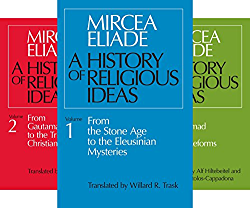
This is a three-volume set. Volume 1 lays out everything from The Stone Age to the Eleusinian, Volume 2 focuses on everything from Buddha to Christianity, and Volume 3 focuses on Muhammed to the age of reforms.
Peterson says of the set:
Mircea Eliade wrote a book called A History of Religious Ideas, which I would strongly recommend. It’s a three-volume set. It’s quite readable, and it’s brilliant. It’s brilliant. I really like it.
— Jordan Peterson
15. Affective Neuroscience – Jaak Panksepp
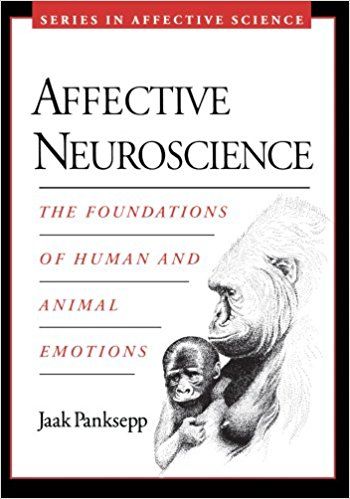
Peterson referred to Jaak Panksepp as a “genius” and called him a “great, creative scientist” when Panksepp died in May, 2017. In Affective Neuroscience, Jaak Panksepp discusses in-depth the brain-operating systems of mammals. While the material is complex, Panksepp writes in a readable way.
The book does an incredible job of covering the whole range of emotions, including anger, pleasure, playfulness, fear, sexual desire, and social loss. He synthesizes vast amounts of neurobehavioral knowledge into a book that leaves you with a better understanding of the human mind, including yours.
Bonus New Jordan Peterson Book: 12 Rules for Life: An Antidote to Chaos —Jordan B. Peterson
I bought both the book and the audiobook for 12 Rules for Life when it came out. My general feelings about it can be summarized in the following meme:

I ended up listening to the audiobook within a few days (Peterson narrates it), and my god it’s great. It’s probably the best self-improvement book I’ve ever read. The word that best describes this book for me is “epic” because it ties together religion, myth, neuroscience, and psychoanalysis and combines those fields with Peterson’s deep experience as a father, husband, and clinical psychologist into something that anyone who can read can benefit from reading.
Jordan Peterson wrote 12 Rules for Life over a 5-year period and to give the respect it deserves I plan on listening to it many more times over the coming years.
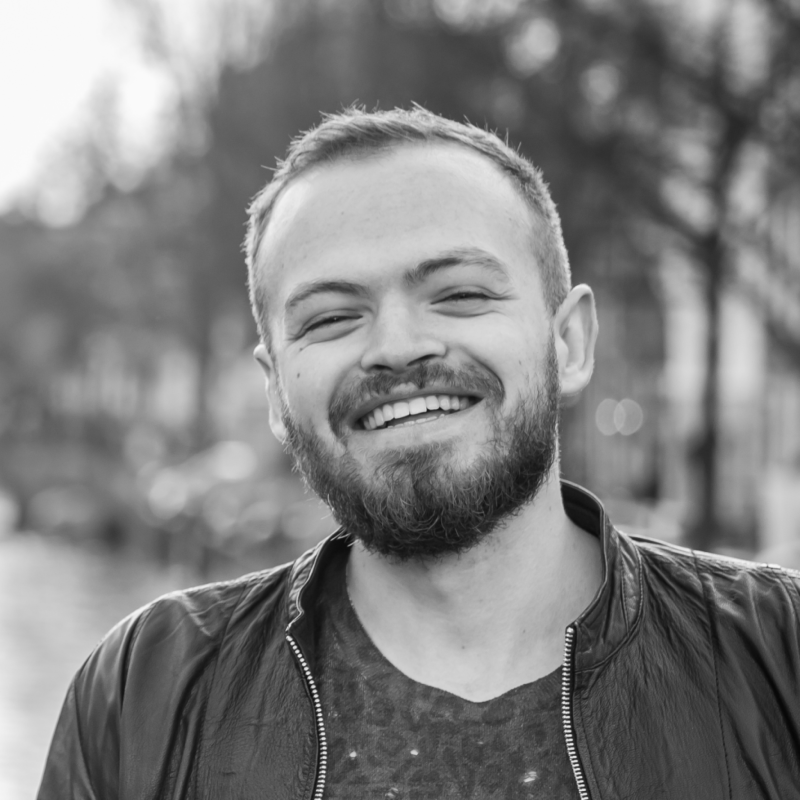
Jon Brooks
Jon Brooks is a Stoicism teacher and, crucially, practitioner. His Stoic meditations have accumulated thousands of listens, and he has created his own Stoic training program for modern-day Stoics.


